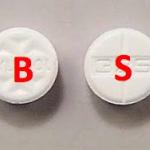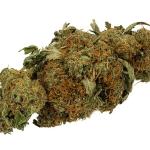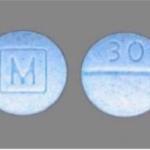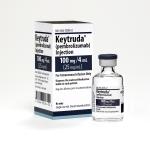We have another entry in the fiercely competitive "I Can Prescribe Fewer Opioids Than You" contest, and it's not half bad.
Drugs & Pharmaceuticals
By Robert Popovian, Pharm.D., MS., the senior director of U.S. Government Relations at Pfizer.
If you're in the mood to get really pissed off feel free to visit Tylenol.com. But don't say I didn't warn you.
As I have written many times, the laws and regulations that govern dietary supplements are a bad joke.
With recreational marijuana spreading from state to state, it has been instructive to watch an industry emerge witnessing in real time economic principles and strategies being deployed.
Sometimes a few words are worth 1,000 words.
Immunotherapy, modifying our immune system to treat disease has been with us for a long time; since Jenner vaccinated the first patient against smallpox. Today, it has an increasing role in treating cancer.
In my last blog I discussed the potential pull incentive proposed in the UK Plan to tackle antimicrobial resistance. One of the other pro
In the hotly contested "worst opioid information " contest we may have a new leader: Derek Rose, an "investigative reporter" for WISN, an ABC affiliate in Milwaukee.
The United Kingdom recently released a 5-year and a












